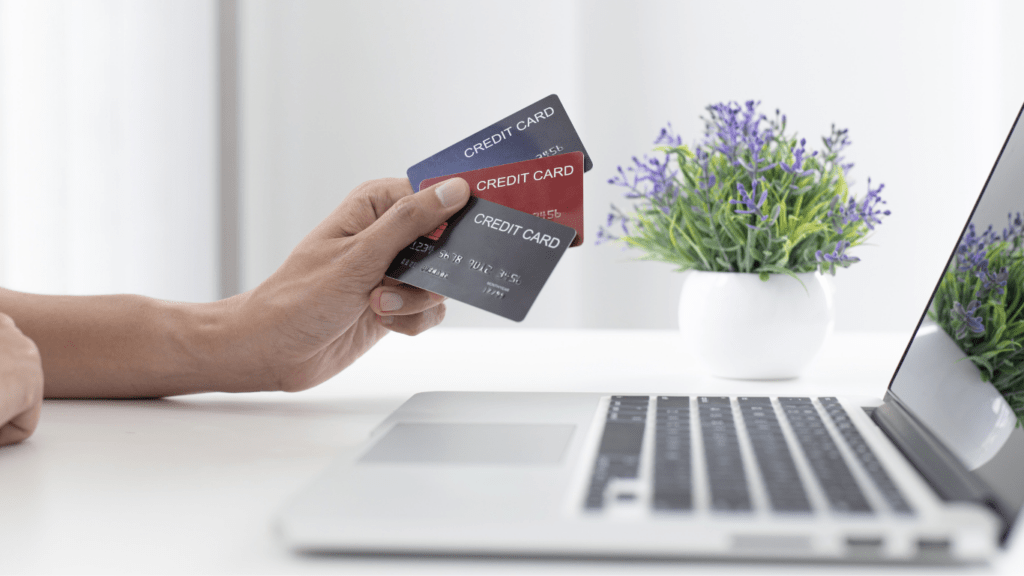Understanding the Risks
Online gambling carries several risks that impact both personal and financial aspects. Identifying potential threats allows us to navigate platforms with greater safety. A primary concern is the security of personal data. Hackers frequently target gambling sites, exploiting vulnerabilities to access sensitive information. According to a report by Juniper Research in 2022, cybercrime’s cost may exceed $8 trillion annually. This underscores the importance of using websites with robust encryption technologies.
Another risk involves financial loss. Even on secure platforms, gambling can lead to overspending if not carefully monitored. Research by the University of Bergen in 2021 highlighted that approximately 1% of online gamblers develop compulsive behaviors. It’s crucial to set limitations on time and money spent, employing tools like deposit limits and self-exclusion options offered by platforms.
Lastly, fraudulent websites pose a substantial threat, offering rigged games or withholding winnings. The UK Gambling Commission has a list of licensed operators, which serves as a reliable resource for verifying a site’s legitimacy. Recognizing these risks, I make informed decisions and safeguard my online gambling experience.
Choosing a Safe Online Gambling Platform
Selecting a secure gambling site safeguards personal and financial information. It strengthens protection against the threats common in the online gambling world.
Researching Reputation and Licensing
I examine a platform’s reputation by checking reviews from trusted gambling communities and forums. Positive feedback often indicates reliability. Additionally, I verify if a site holds a valid gambling license from reputable authorities like the UK Gambling Commission or the Malta Gaming Authority. This step ensures the platform adheres to strict regulatory standards.
Evaluating Security Measures
Security is paramount when choosing an online gambling site. I always confirm the presence of SSL encryption, which shows that data transmitted between the user and the site is secure. Recognizing additional security protocols, like firewalls and two-factor authentication, reinforces my confidence in a platform’s commitment to protecting user information.
Safe Payment Methods

In the realm of online gambling, selecting safe payment methods is crucial. This not only ensures financial security but also contributes to an overall secure gambling experience.
Using Reputable Payment Providers
Using reputable payment providers guarantees secure transactions. Providers such as:
- PayPal
- Neteller
- Skrill
offer added layers of protection with their advanced encryption technologies. These companies are well-recognized and regulated by financial authorities, reducing the risk of fraud. When choosing a payment method, I always check for providers with strong reputations and high customer satisfaction rates.
Protecting Your Financial Information
- Protecting your financial information involves more than selecting the right provider; it’s about how data is managed.
- Many online gambling sites use strong SSL encryption to secure data transfer, preventing interception by malicious entities.
- I also look for sites offering two-factor authentication for an extra security layer.
- It’s wise to review the site’s privacy policy to understand how they handle personal and financial information.
- By taking these steps, I ensure my financial data remains confidential and secure.
Setting Personal Limits
Creating personal boundaries in online gambling is crucial for maintaining both mental and financial well-being. These limits help ensure a balanced approach to this engaging yet risky activity.
Establishing Betting Budgets
Setting a betting budget forms the foundation of responsible gambling. Allocating a specific amount of money for gambling activities helps prevent overspending. It’s important to only use disposable income—money that you can afford to lose—within this budget. Regularly reviewing and adjusting these limits based on financial circumstances or gambling habits ensures they remain sustainable. A budgeting tool or app can assist in tracking expenditures effectively.
Recognizing Signs of Problem Gambling
Awareness of gambling’s potential pitfalls allows for timely intervention. Some key indicators of problem gambling include increasing stakes to chase losses or neglecting responsibilities in favor of gambling. If gambling affects daily life or relationships, it might indicate a compulsive pattern. Utilizing tools like self-exclusion or seeking professional support can offer relief and prevent further issues. Platforms often provide resources for gamblers seeking to manage their habits responsibly.
Ensuring Privacy and Data Security
Protecting personal information and securing data is crucial when engaging in online gambling. Understanding how to manage sensitive details and internet connections enhances safety.
Managing Personal Information
Safe handling of personal data involves sharing only essential information with online gambling sites. I find it best to use platforms that offer robust privacy policies to manage my data usage. Reviewing these policies clarifies data collection practices and informs me how my data gets stored and used. It’s beneficial to create unique passwords that combine letters, numbers, and symbols for added security on gambling accounts.
Using Secure Internet Connections
A secure internet connection prevents unauthorized access to my data while gambling online. I always ensure my network is password-protected and avoid using public Wi-Fi due to its vulnerability to cyber attacks. When I’m away from home, using a Virtual Private Network (VPN) adds an extra layer of encryption, further protecting my online activities from potential threats.



 Cher Peters – Senior Gambling Strategist & Responsible Gaming Advocate
Cher Peters plays a pivotal role as the Senior Gambling Strategist, combining her extensive knowledge of gaming tactics with a commitment to responsible gambling. She specializes in crafting comprehensive guides and strategic tips designed to help players make informed, enjoyable gaming choices. Cher’s content spans from beginner-friendly tutorials to advanced playing techniques, helping players maximize their potential for success while remaining mindful of responsible gaming principles. Her expertise is particularly valued by players seeking to balance excitement with safety, making her an essential voice on Casino Champs Fortune.
Cher Peters – Senior Gambling Strategist & Responsible Gaming Advocate
Cher Peters plays a pivotal role as the Senior Gambling Strategist, combining her extensive knowledge of gaming tactics with a commitment to responsible gambling. She specializes in crafting comprehensive guides and strategic tips designed to help players make informed, enjoyable gaming choices. Cher’s content spans from beginner-friendly tutorials to advanced playing techniques, helping players maximize their potential for success while remaining mindful of responsible gaming principles. Her expertise is particularly valued by players seeking to balance excitement with safety, making her an essential voice on Casino Champs Fortune.
